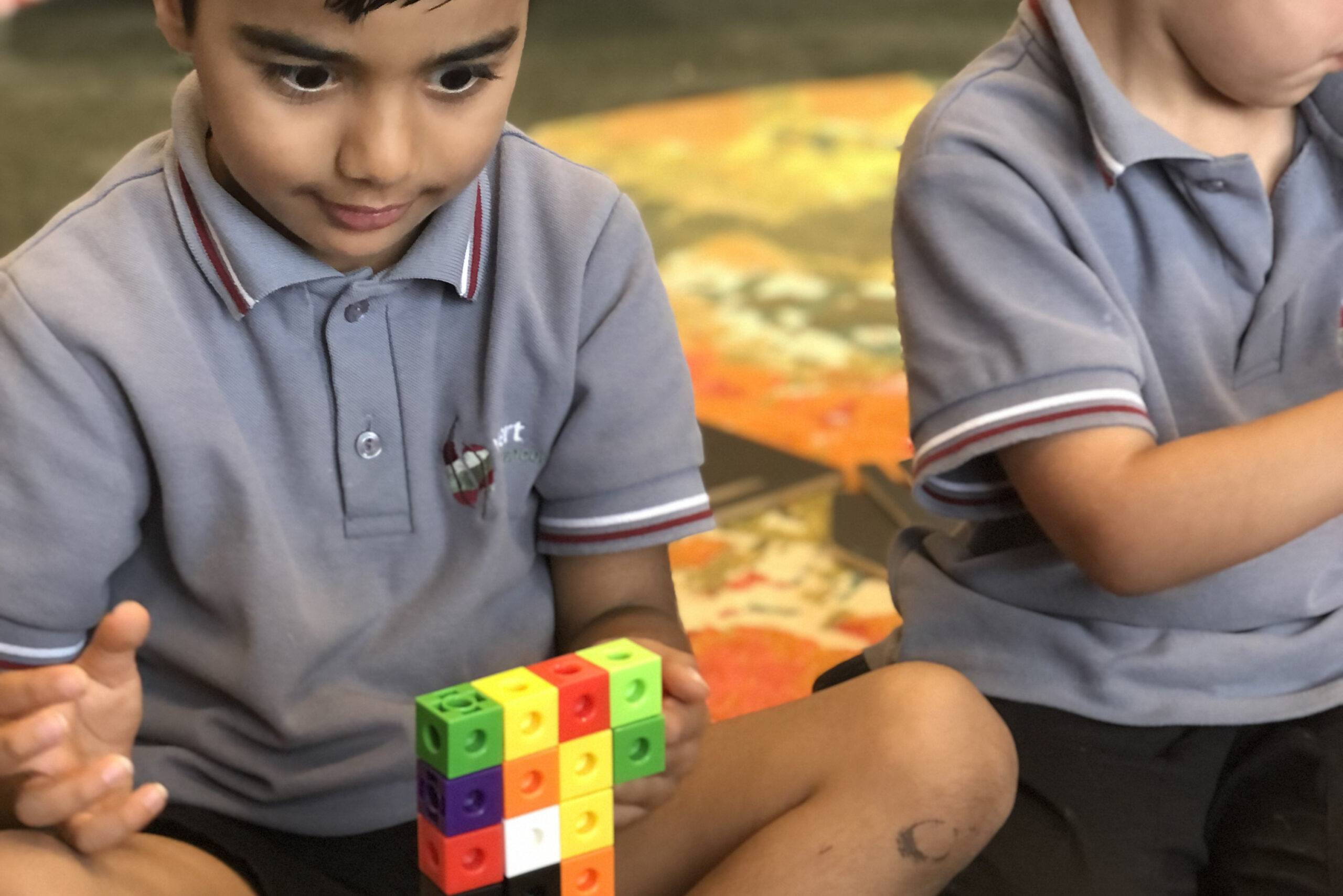Learning

Learning Production Behaviours
Learning behaviours are actions that allow students to access learning. The goal of explicitly teaching learning behaviours is for students to learn the most essential skill; learning how to learn. Learning behaviours are defined by what actions students take to reach the desired outcomes. Students are explicitly taught various skills and strategies to grasp, apply and practise new content.
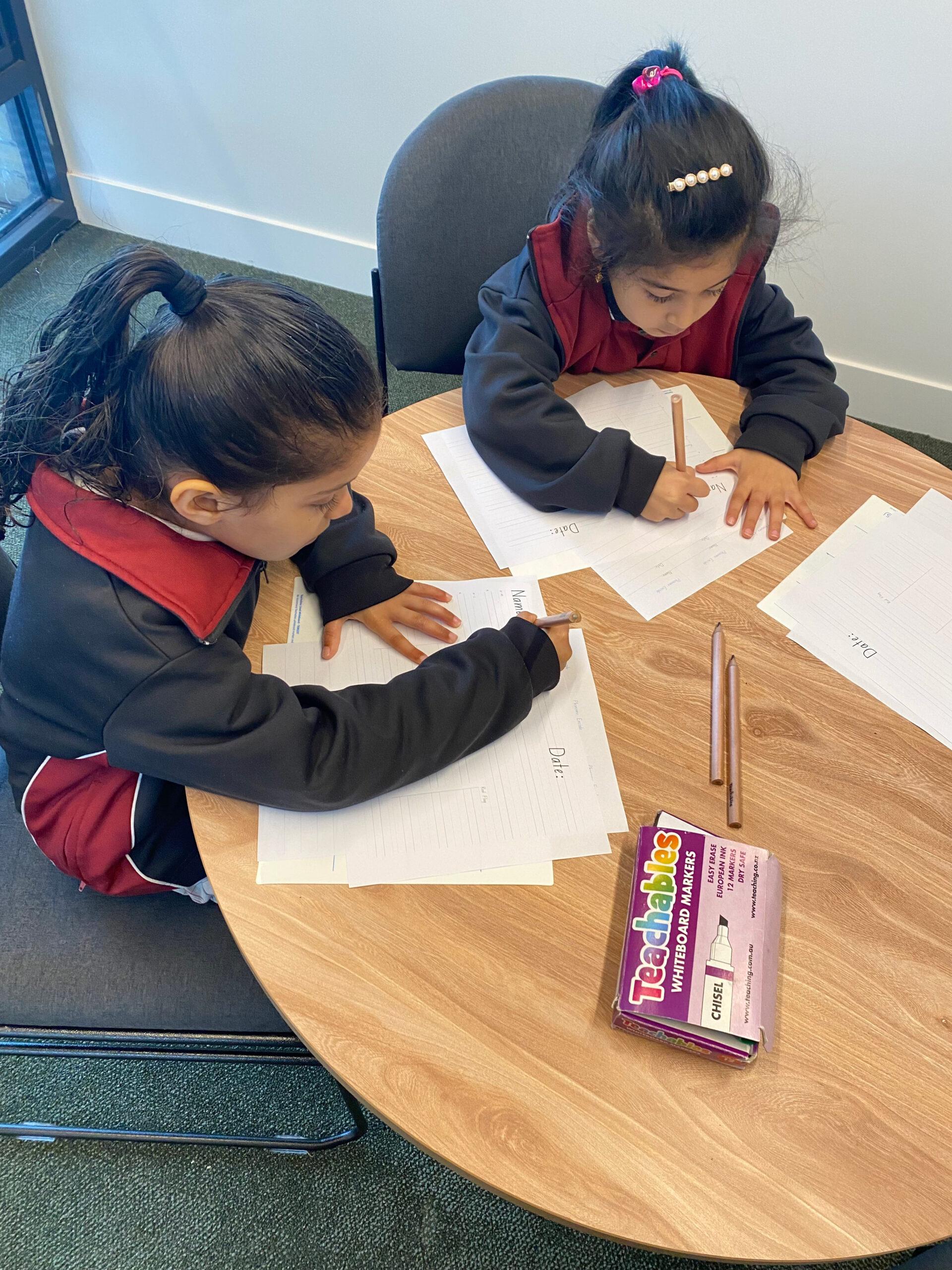

Our Learning Communities
Our Learning Communities promote a strong sense of communal and personal responsibility by students taking ownership of their learning environment. We explicitly teach students to use their environment to support their learning. Resources for all types of learning, including counting frames, calculators, counters, number charts, word charts, anchor charts etc., are all accessible for students to use when working independently. Part of our student’s learning is to develop the ability to not rely solely on the homeroom teacher and find ways to solve problems independently.
Our spaces are flexible, with opportunities to work communally and close off for group or whole-class teaching. Various seating arrangements are available for students to access, e.g. stools, ottomans, chairs and lap tables. Outdoor spaces are also suitable for learning, with many students working outdoors and connecting their learning to the environment.
Teaching and Learning at Wollert
Wollert’s teaching and learning programs are guided by the Victorian Curriculum and firmly centre around 21st-century learning skills: Communication, Collaboration, Critical Thinking and Creativity.
All teaching and learning programs are taught with our unique learning model, which is underpinned by current research on best practices, inclusive education and how the brain learns best.
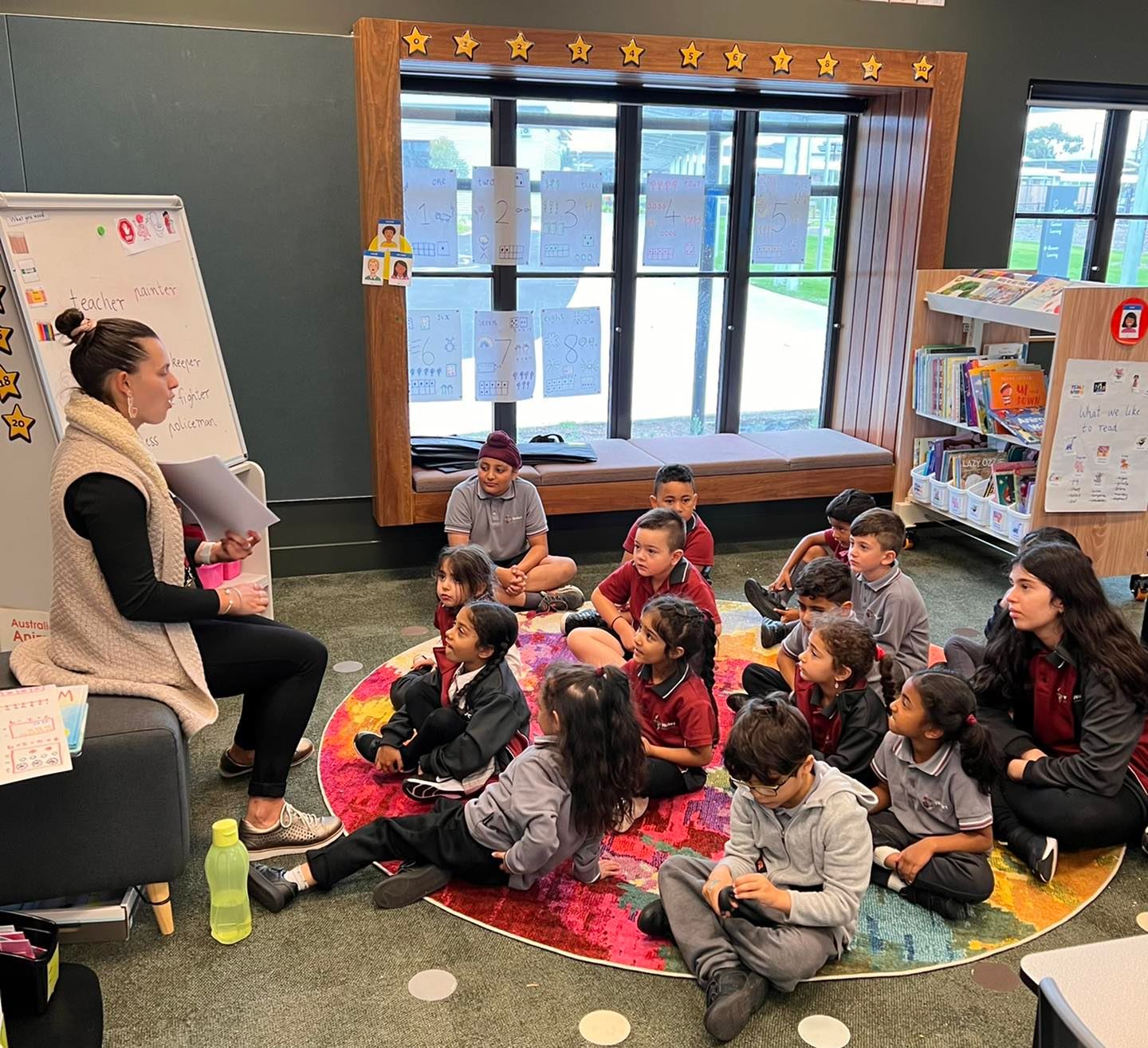
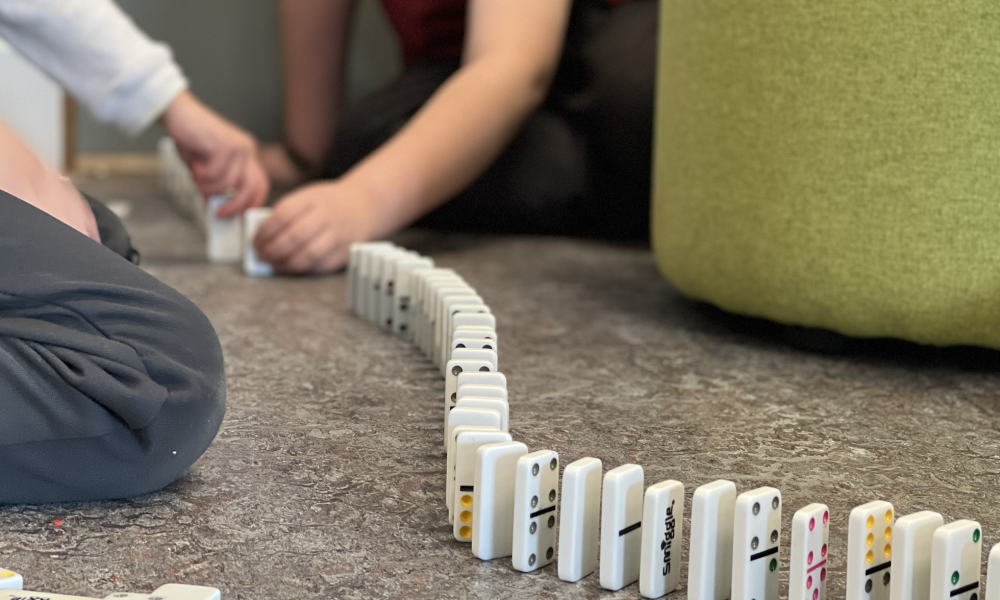
Numeracy Learning
Daily Numeracy sessions aim to develop deep number sense and automaticity in recalling number sequences and number facts. This skill level supports the ability to approach problem-solving and mathematical investigations confidently. Hands-on materials and authentic ‘real-life’ experiences help the understanding of mathematical concepts; therefore, children will have access to various tools and resources when working mathematically.
Learning to ‘think’ is embedded in our numeracy program, with students being prompted to provide more than just an answer. We teach our students to provide reasoning, consider alternatives and explain their thinking when solving problems.
Literacy Learning
Our Literacy approach aligns with our knowledge of how the brain functions, embedding strategies that draw on the understanding that every child learns differently. Literacy sessions occur daily, which involve whole-class instruction, targeted small group explicit instruction focused on student needs, and collaborative and independent experiences.
Each Learning Community is fully equipped with a library containing a variety of texts for choice of independent reading. Opportunities are provided for students to recommend topics, authors or text types they would like to read.
We have a strong focus on developing our staff with the expertise required to implement an evidence-based approach to teaching literacy. We are working with IMSLE (Institute for Multisensory Structured Language Education) to educate our staff to develop our unique literacy program based on the scientific evidence of how children learn to read, write and spell.
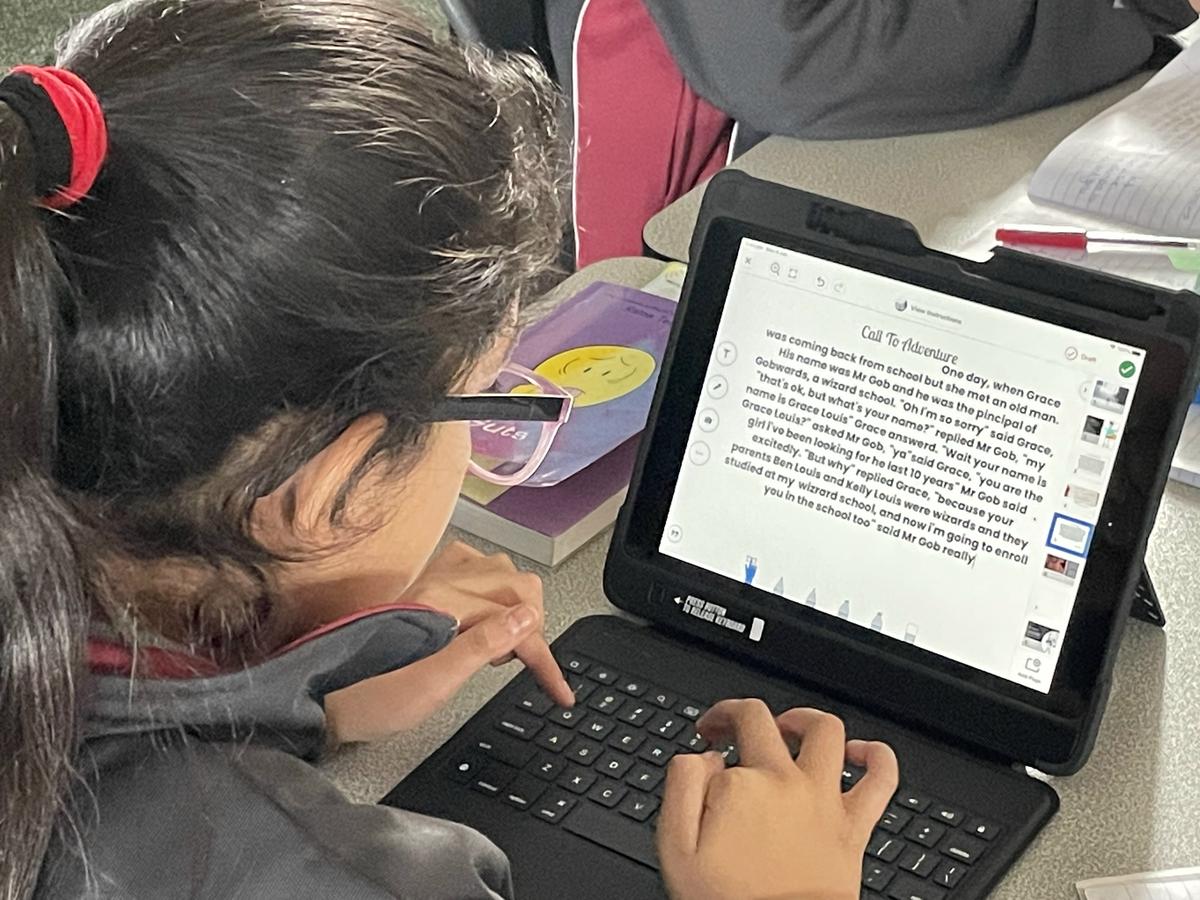
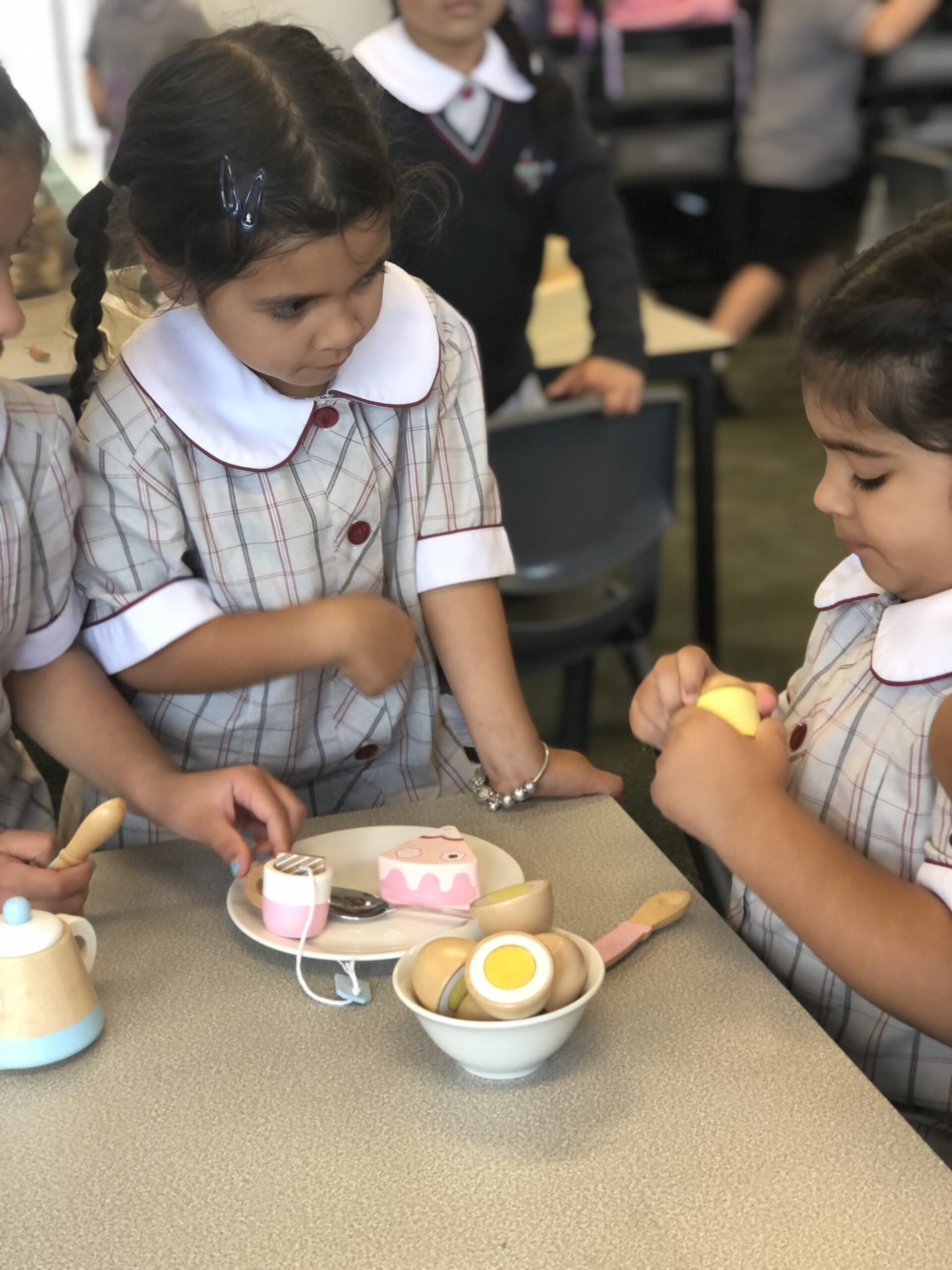
Specialist Programs
Dig2Dine: We offer a Food Technology program encompassing sustainability through students planting and harvesting their own fruits and vegetables. Students cook nutritious recipes with fresh produce whilst learning about their body’s needs and sustainable food practices.
STEM and Digital Technologies: Experimentation, investigations and exploration frame the learning experiences for our students. Students are exposed to the ‘Design Thinking Process’, where they are required to think critically and creatively to problem solve, spark curiosity and engage in passionate endeavour.
The Arts: Students are offered the opportunity to participate in both Visual and Performing Arts. The Arts program fosters self-awareness, self-expression and joy through music, art, drama, dance and media arts exposure.
PE: Students attend weekly P.E sessions to allow for the development of fundamental motor skills through games and outdoor activities. The program also aims to educate students about the importance of an active lifestyle through participation in leisure activities.
Playscape: Prep to Year 2 students attend weekly, structured play sessions that immerse them into natural, organic social and emotional growth opportunities with their peers. Self-awareness and extended emotional literacy is achieved through collaboration, creativity, curiosity and fun.

A Whole School Approach to Inquiry
Our value of ‘Be Curious’ is central to our philosophy around inquiry learning. Every Learning Community investigates a topic led by the interests and passions identified by our students.
At Wollert, rich inquiry learning is centred around Mitchel Resnick’s ‘4Ps of Play’.
- Passion: You don't count the hours when you do what you love
- Project: The best way to learn is to do something that we find meaningful
- Peers: Collaboration between peers stimulates creative thinking
- Play: Children learn about the world around them through personal experiments & play-based experiences
Assessment and Reporting
Every child at Wollert Primary School has a ‘Learning Story’ encompassing their strengths, passions, interests and next learning points.
Our approach to assessment involves students, teachers and parents. Teachers assess students to plan for targeted learning experiences, and our students set learning goals based on these. Parents are consistently informed of their child’s learning progress towards their goals throughout the term by receiving their child’s assessment tasks on the digital platform Seesaw. Each assessment piece is designed to be curriculum-aligned, highlighting each student’s strengths and their next point of learning. In addition, every student will receive two formal reports assessed against the Victorian Curriculum and the opportunity to participate in ‘Learning Story Conferences’.
